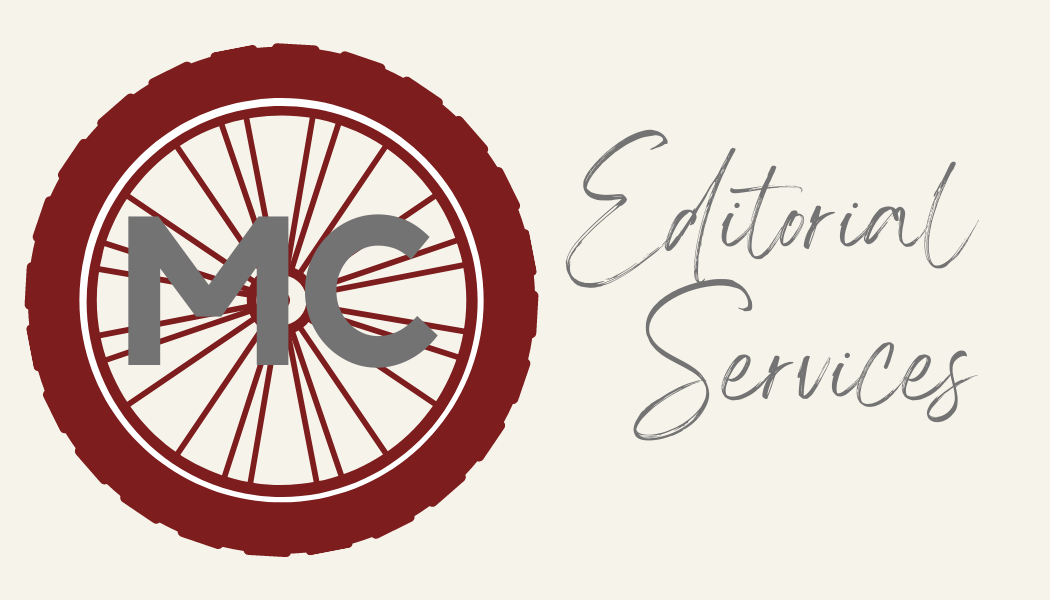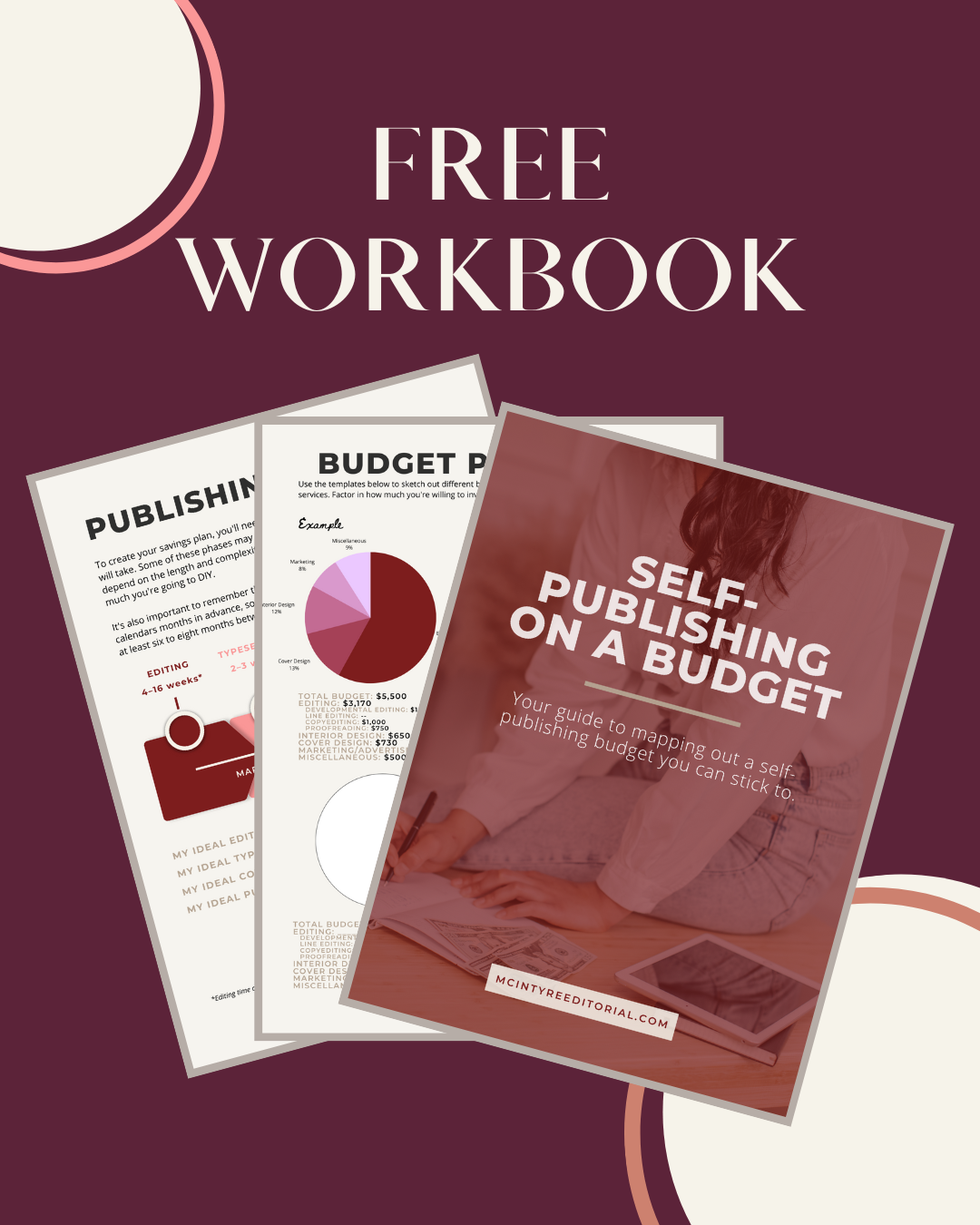How to Budget for Self-Publishing
Money. It’s so often the elephant in the room when we’re talking about self-publishing. Without it, it’s pretty darn difficult to produce a high-quality book that will sell. At the same time, indie authors often have limited resources and need to be mindful of maximizing their profits.
So how can you put together a budget that won’t break the bank, but will still leave you with a book you can be proud of?
Here are my best tips for calculating your self-publishing budget:
Estimate Your Costs
If you’ve ever typed “how much does self-publishing cost” into the search bar, you’re probably aware that the answers can vary widely. Some sources say you could spend as little as $200, while others recommend budgeting up to $10,000. The tricky part is that neither of these answers are technically wrong. The costs depend on so many factors (the length of the book, the author’s skill level, the desired quality, etc.) that indie authors can end up spending pretty much any amount in between.
That makes finding a definitive answer difficult. But there are ways to estimate how much publishing your book will cost. Since many editors and publishing professionals charge by the word, you’ll need to decide on an approximate word count goal for your draft. Then, you can use resources such as the Editorial Freelancers Association rate card and Reedsy’s annual report on self-publishing costs to get a ballpark idea of average rates for the various services available.
This should give you a sense of how much it would cost to take advantage of every single service that’s out there. It might seem like an eye-popping number, but don’t let that scare you off! Most self-published books get to the market through a combination of professional expertise and DIY elbow grease, and you have more control over the final tally than you might think. The next step will be figuring out your must-haves.
Prioritize Your Needs (And Wants)
In an ideal world, every author would be able to afford professional help with every stage of the publishing process (and would quickly earn that investment back through their sales). But sadly, we don’t live in that world, and you’ll likely need to decide what’s worth your money and what you can do without. To make those choices, you’ll first need to familiarize yourself with the different phases of editing and the other services offered to indie authors.
At minimum, it’s recommended that every book go through copyediting and proofreading to address any typos or spelling and grammar errors that keep your readers from turning the page. But depending on your skills and level of experience, you may also need help crafting the content of the story or crafting more engaging sentences, in which case you might want to consider developmental editing or line editing. And though editing is often the highest-ticket item in your self-publishing budget, don’t forget about the publishing tasks that have more to do with business than writing.
To decide what to prioritize, think about what aspects of the writing and publishing process you find most challenging. Maybe you’re happy with the content of your book, but the idea of learning to design your own cover makes your life flash before your eyes. In that case, it probably makes sense to skip the developmental editing and put some of that money toward hiring a kickass custom cover designer. Or maybe you love the look of pre-made covers, but have no clue where to start with setting up a pre-order or creating graphics for social media. Your pennies might go farther if you put them toward marketing help rather than a custom cover design.
Make an ordered list of the services you think will be most useful to you, with the things you feel least comfortable doing yourself at the top. Then, try out different combinations with the estimates you calculated to see what configuration of services makes the most sense.
Start Saving Early
Indie authors are small business owners, and preparing your book for publication is an investment you’ll need to save up for, just like you would for any other business expense. And the sooner you start saving, the better, because squirreling away even a few bucks a month can make a big difference if you start early enough. If you can, try to start saving when you first start writing your draft, even if you’re not yet sure which publishing route you’re going to take. That way, even if you decide to pursue traditional publishing, you’ll have some money set aside to make your draft as polished as possible before submitting it to agents.
Don’t be afraid to start small, because something as little as $5 a month will start to snowball over time. As you get closer to finishing your draft, try to gradually increase the amount you’re putting away. You can even make it more fun by setting up your own goal thermometer to watch your savings swell. Your wallet — and your book — will surely thank you for it later.
Do Your Research
There’s nothing worse than spending money you don’t have on something that really wasn’t worth it. That’s why it’s so important to carefully vet each and every service provider you consider working with. Always ask for work samples and testimonials from previous clients, and be sure to check websites like Writer Beware to see if any complaints have been filed against them in the past. When it comes time to hire your team, ask about payment plans to spread the cost over several months, and insist on a contract to outline your rights and lay out the provider’s terms clearly. Read everything carefully before you sign, especially clauses about refunds and recourse if you’re not happy with the services.
If you’re still feeling lost, the good news is that there are resources out there to help. Start with my free workbook for self-publishing on a budget. It’s an 18-page printable guide that comes with detailed information on average industry rates, budget templates for mapping out your priorities, pages to collect quotes for different types of services, a resource round-up to help you find publishing pros, and more.


